
PUNTA MAJAHUA
Majahua, Troncones
BEDROOMS
1 & 2
STATUS
ON SALE
AMENITIES
BEACH
LOCATION
Majahua, Troncones
Punta Majahua is absolutely outstanding for it's symbiosis and integration to nature, and without a doubt, a groundbreaking to the development of the Troncones Community, which has gained great popularity and prestige among international tourists, who flock to the region for not only a place with excellent waves, but also a different and new lifestyle, with a more natural, organic, harmonious vibration, and feel aligned with the coasts of the Mexican Pacific.















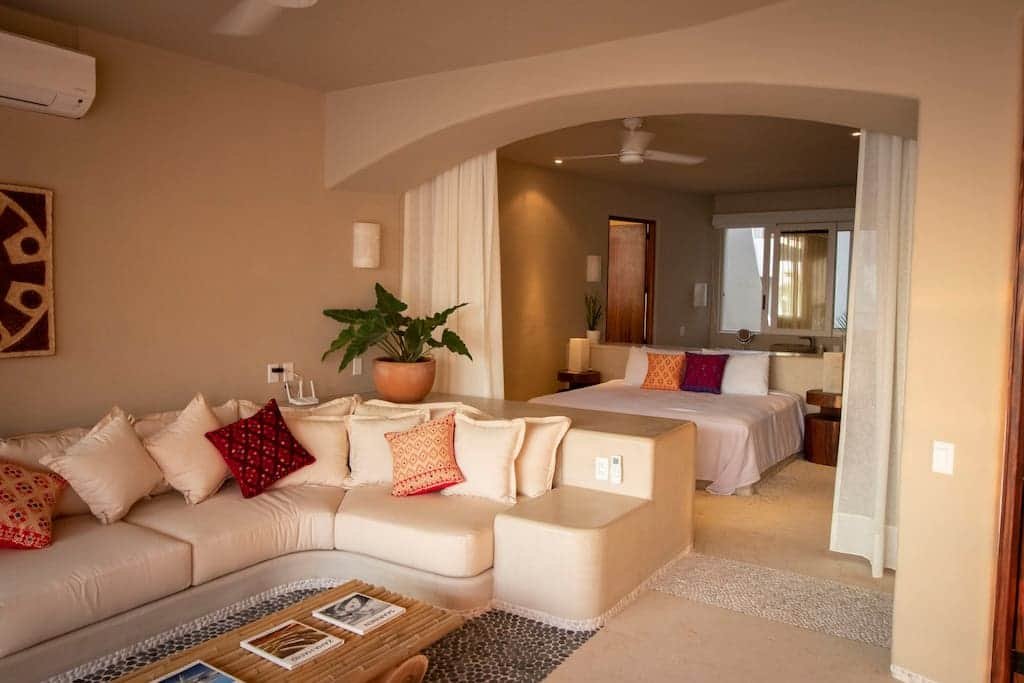
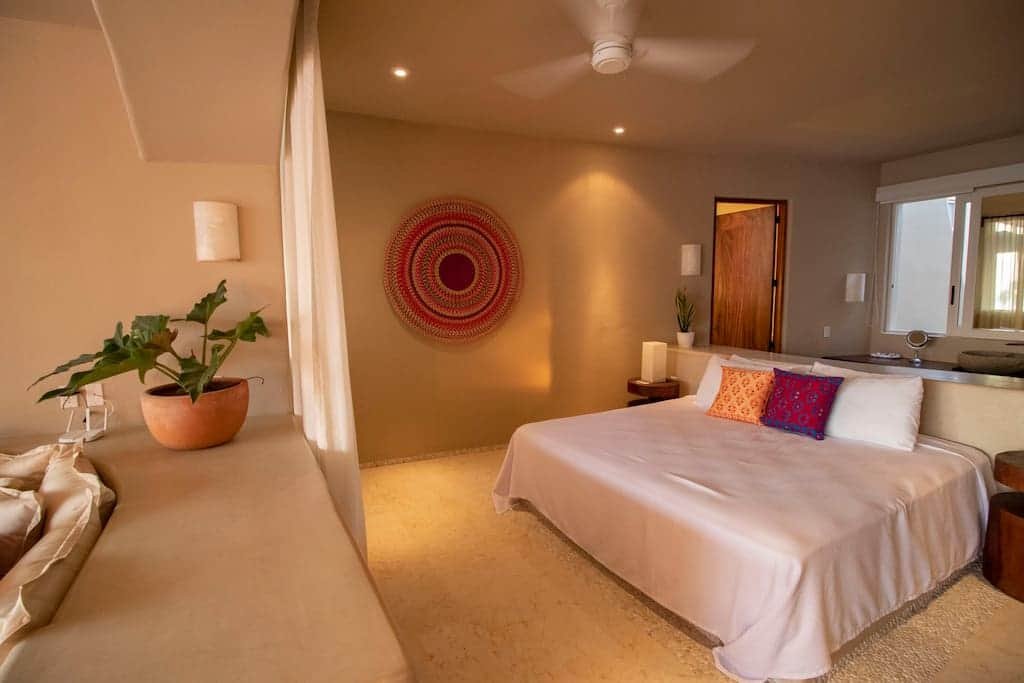
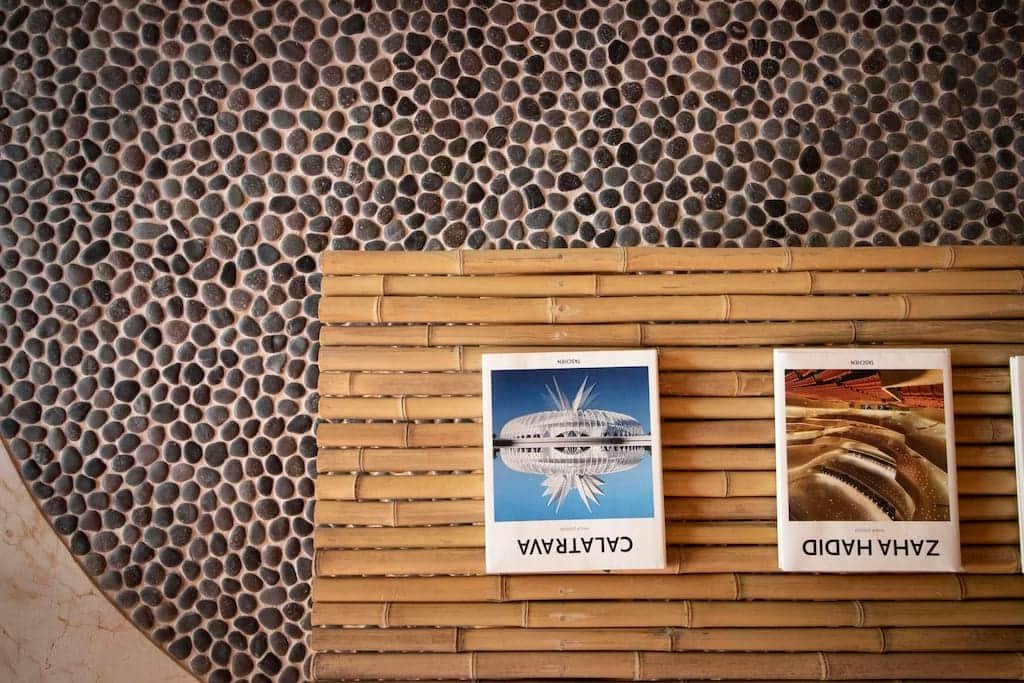










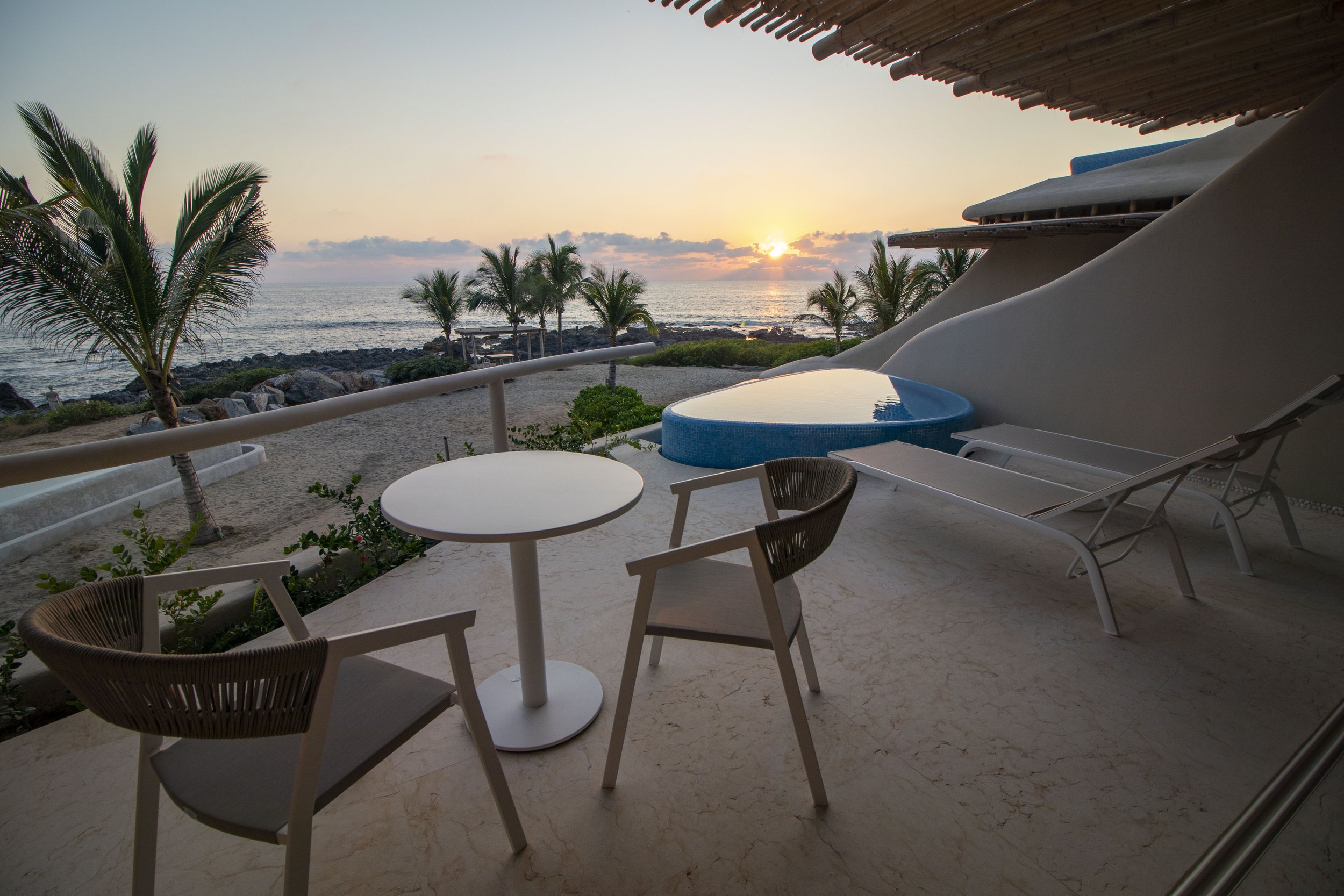







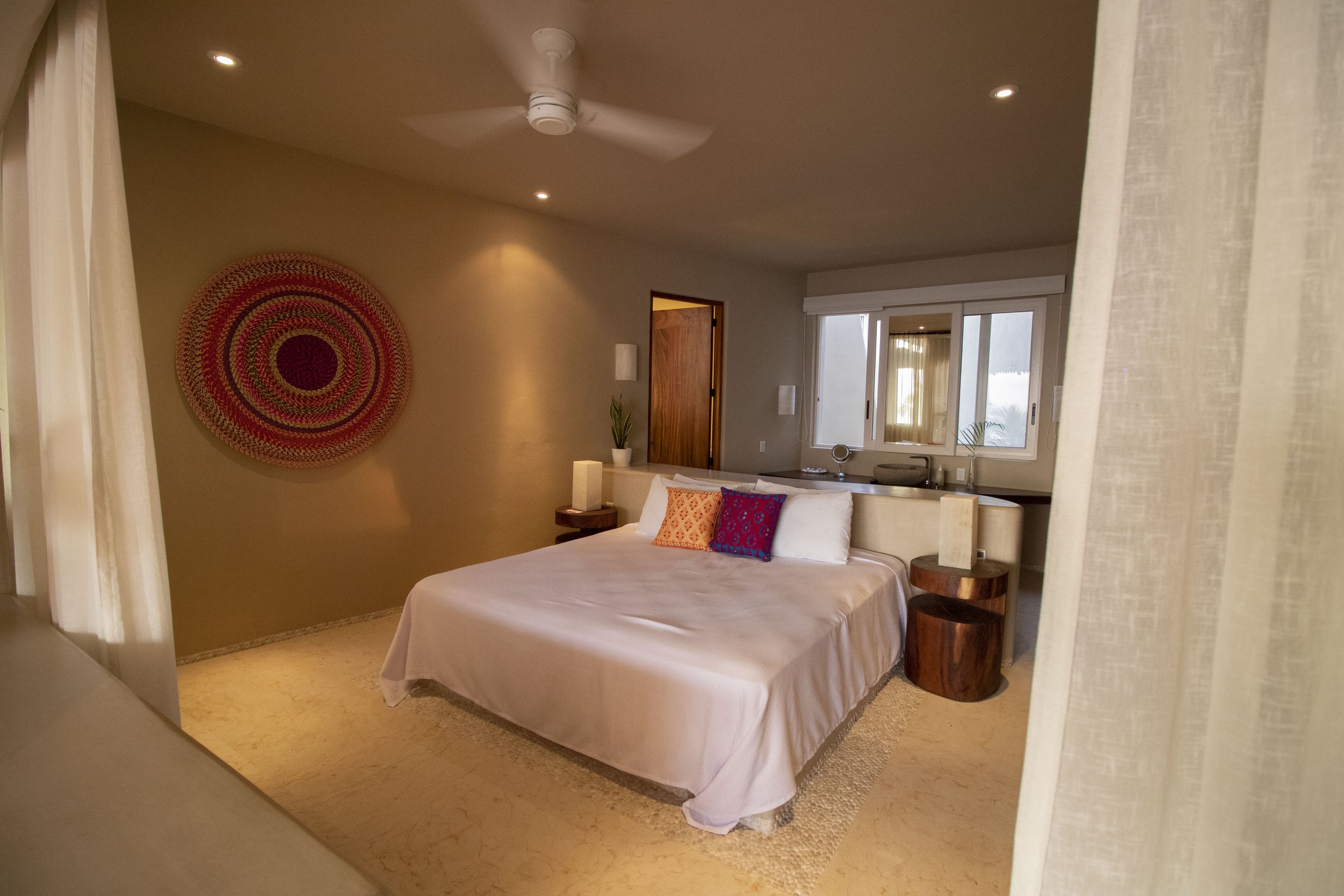
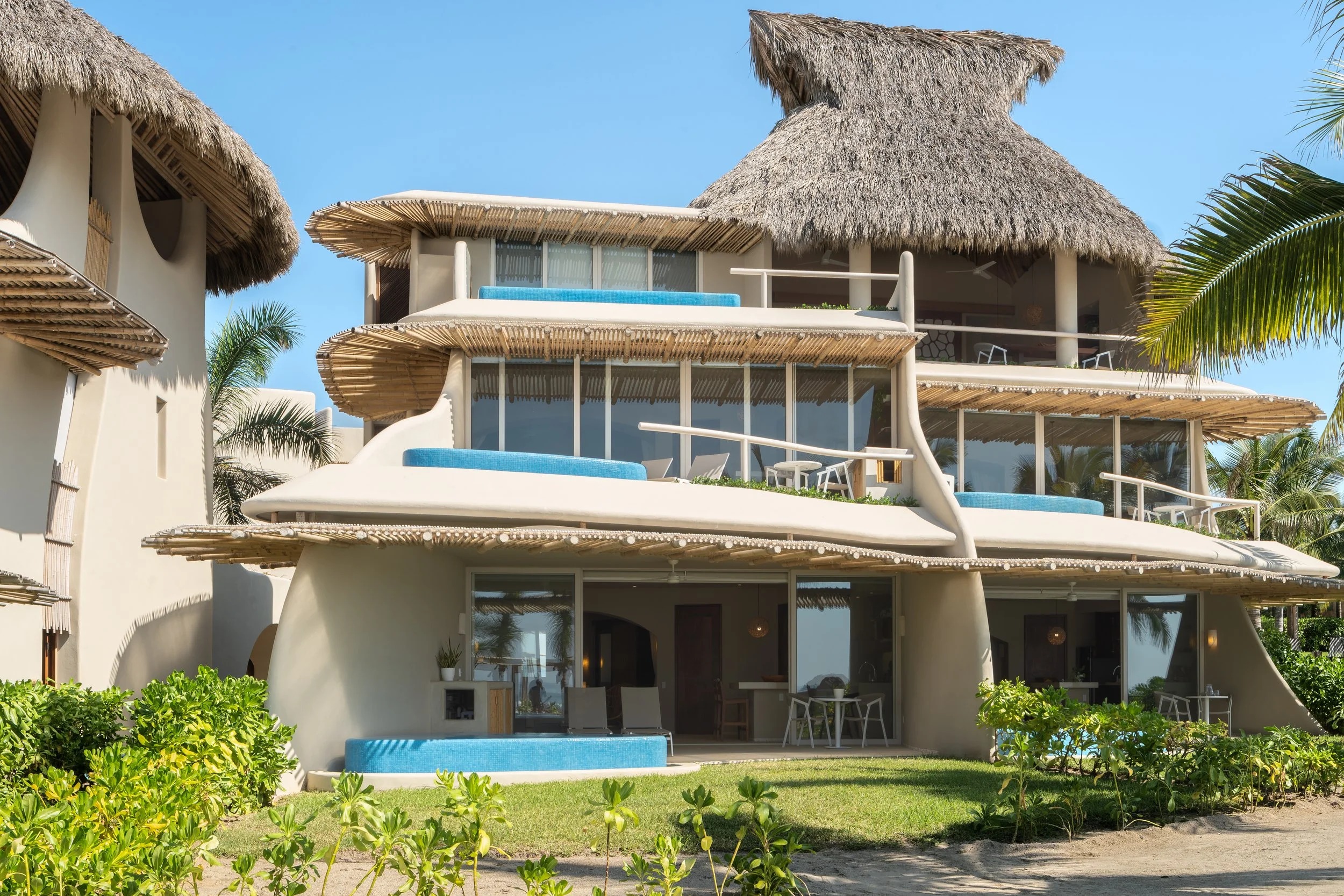


CONDOS AVAILABLE
Let’s Talk
Fill out your information below and one of our team members will get back to you.
FAQs
About the condominium rules and regulations
Financial Responsabilities & Costs
-
The HOA by itself has no cost as it is simply an association formed by the property owners. There might be bureaucratic costs associated to the creation of the HOA’s AC (Asociación Civil) and there will be costs due to the maintenance and administration of the condominium’s common areas and general operation of the condominium. The annual condominium’s budget is normally proposed by the administrator. However, the HOA has the responsibility of approving such budget.
-
Common Expenses include various costs like maintenance, repairs, staff salaries, utilities, insurance, and more. These expenses are part of the condominium’s annual administration and maintenance budget which is normally calculated by the condominium administrator and is approved by the HOA. The payment of these expenses is divided among owners based on the indiviso percentage of their private units and are payable every six months (or as determined by the administrator and HOA) in advance.
-
If the condominium has any significant section of common areas completed and fully operational, and if they can already be used by the condominium owners, a percentage of the total common expenses/maintenance fee will be charged. Once all the common areas of the condominium or one of the construction phases defined by the developer are completed, 100% of the common expenses/maintenance fees will be charged.
-
The Administrator is responsible for collecting fees from owners, managing expenses, making payments for salaries, services, taxes, and maintenance, as well as maintaining accurate accounting records.
Rules and Regulations Compliance
-
The regulations complement state laws, specifying how the condominium should be managed, organized, and how relationships among owners and administration should be handled.
-
Generally, private units are for residential use, but under strict conditions outlined in the management agreement, they can be used for lodging services.
-
Yes, the administrator establishes conduct rules to maintain peace and safety, subject to approval or amendment by the assembly of owners.
-
Yes, but they must not affect the stability, security, or visual uniformity of the condominium. Approval from the vigilance committee might be required for external modifications.
-
Breaching the regulations regarding lodging services may result in penalties, and the individual might forfeit the right to offer such services in their private unit.
-
The Administrator must always follow Assembly’s resolutions and must consult the vigilance committee before making any decision that has not been reviewed by the Assembly.
Common Areas and Facilities Management
-
Common Assets refer to shared spaces and resources within the condominium, such as recreational areas, swimming pools, parking lots, common hallways, and utilities serving multiple units. Simply put, common areas/assets are any area/property beginning where your private property (i.e. apartment, garage, storage room) ends and that that is located within the condominium’s land. For more information see rule 11 of the condominium’s regulations and the condominium’s regime.
-
No, Common Assets cannot be used for individual or private purposes. They are designated for shared use and cannot be claimed for personal domain by any individual owner.
-
Activities contrary to their designated purpose or that are disruptive, dangerous, or harmful to other owners, occupants, or visitors.
-
The management staff appointed by the Administrator is solely responsible for managing, operating, and controlling common facilities and services. Owners, occupants, or visitors are not allowed to intervene or manipulate these without supervision.
-
Authorization by the Administrator is required for any social activities or gatherings in Common Assets. Applicants must request authorization at least 30 days in advance, adhere to specified areas, and take responsibility for any damages incurred during the event.
-
As a rule, the Administrator is responsible for repairs once approved by the Assembly. However, in emergencies or on the Administrator's absence, owners may carry out urgent repairs that have been approved by the vigilance committee and these owners will remain obligated to pay associated fees.
Governance and Administration
-
The Assembly is the supreme body for addressing common interests, making decisions, setting fees, appointing the Administrator, and approving budgets. Resolutions passed in the Assembly are binding for all owners.
-
Owners in default of payments are denied the right to vote in the Assembly, but they retain the right to speak. However, their presence does not count towards the quorum required for Assembly decisions.
-
You can propose changes or raise concerns during the Assembly meetings. The Assembly has the authority to modify regulations and address matters that affect common interests.
-
The Administrator is obligated to notify each owner in writing about resolutions adopted by the Assembly of Owners. Owners have the right to receive these notifications promptly.
-
Disputes or issues related to the Administrator's decisions may be subject to legal actions or resolutions taken in Assemblies of Owners.
Administrator's Duties and Accountability
-
In general, the condominium is managed by an Administrator, appointed by the General Assembly of Condominium Owners, either as an individual or a legal entity. Before the Assembly of Condominium Owners meets for the first time, the developers will choose and hire the administrator/s.
-
For an individual who is a Condominium Owner, proof of payment for maintenance, administration fees, reserve fund, and extraordinary fees is necessary. Non-Condominium Owner individuals or entities need to demonstrate their experience in condominium administration.
-
The Administrator serves for one year or until removed by the Assembly of Owners.
-
The Administrator's responsibilities include keeping records of assemblies, collecting fees from owners, overseeing assets and services, facilitating community integration, and executing administrative, legal, and conservation acts as required by the condominium.
-
The Administrator must always follow Assembly’s resolutions and must consult the vigilance committee before making any decision that has not been reviewed by the Assembly.
-
The Administrator is obligated to professionally respond to complaints or inquiries within 5 business days. If not addressed, owners can escalate concerns to the Vigilance Committee.
-
Owners are responsible for any damages caused by those accessing under their authorization.






